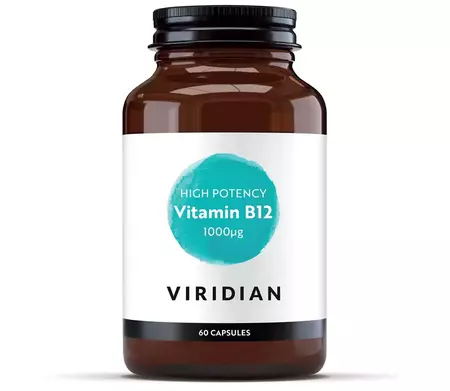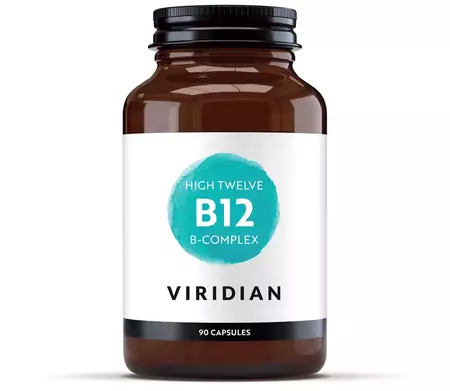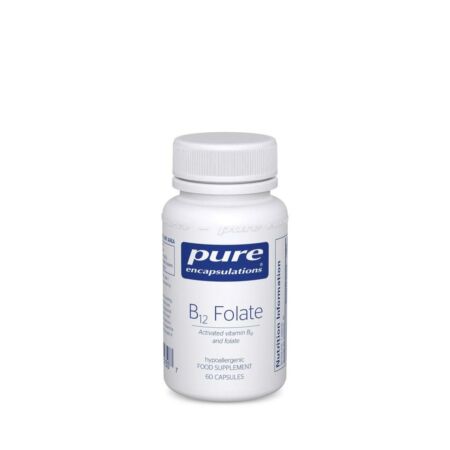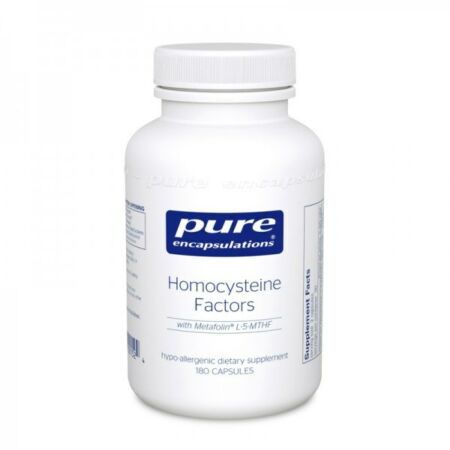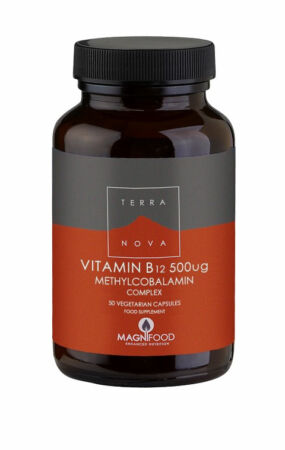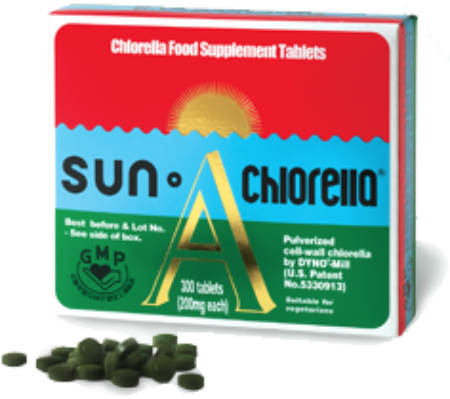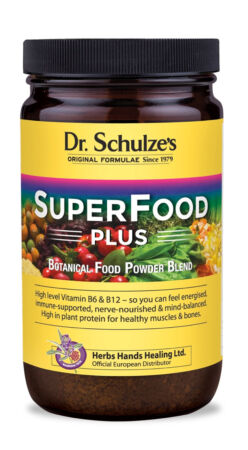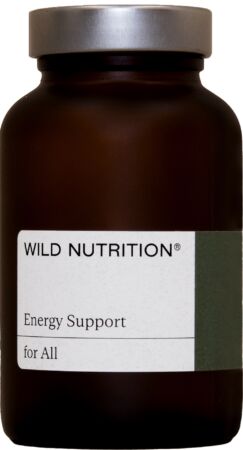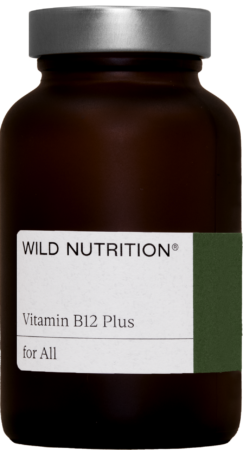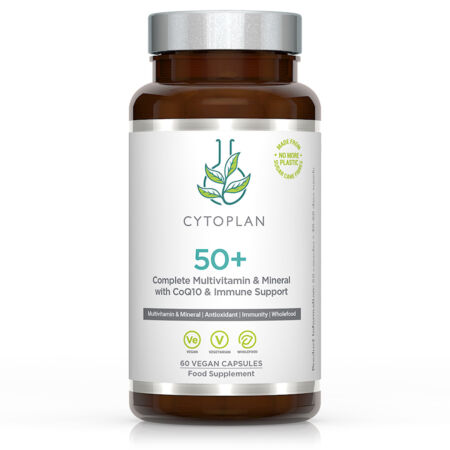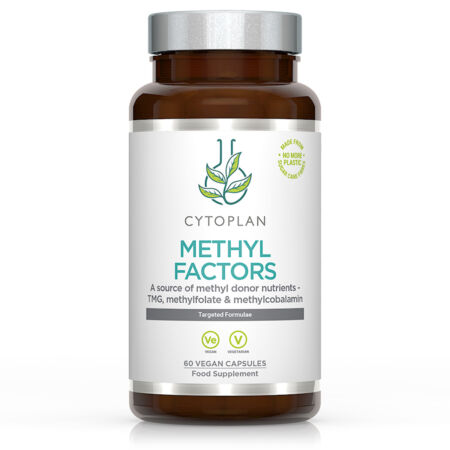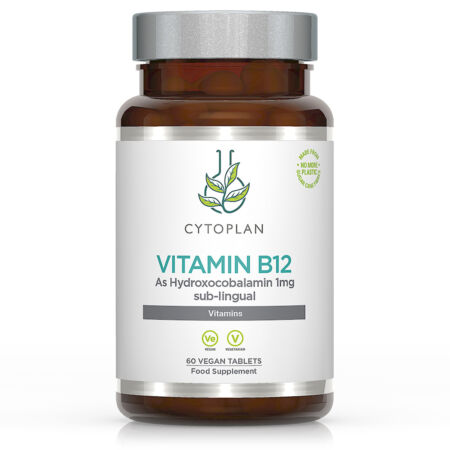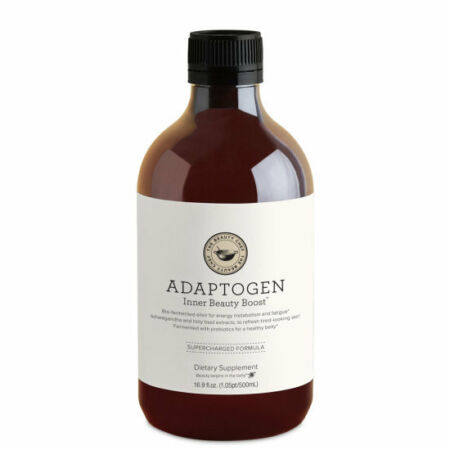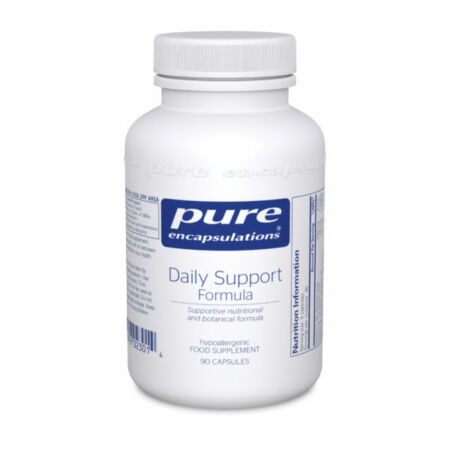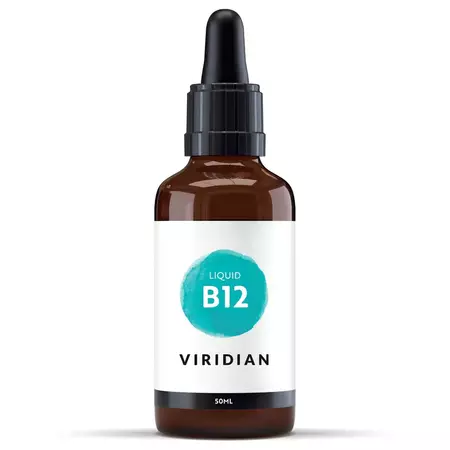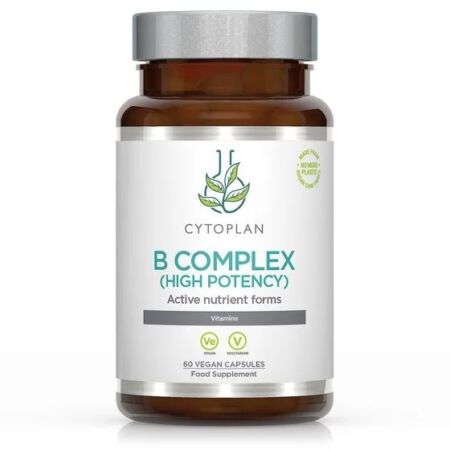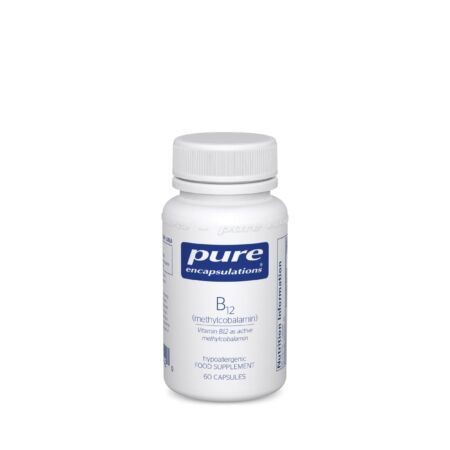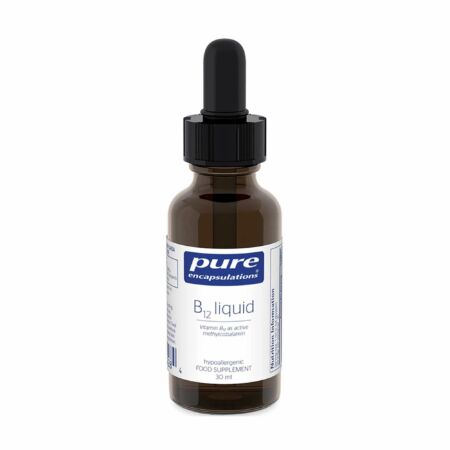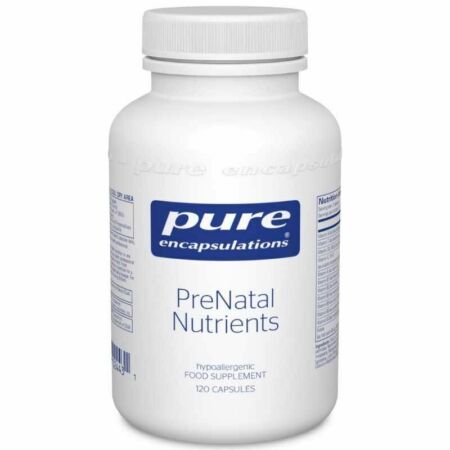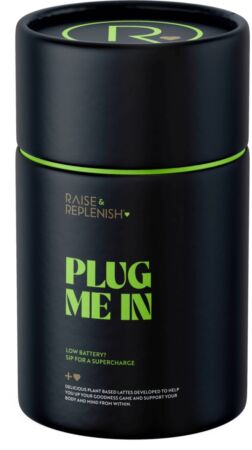What is Vitamin B12?
Vitamin B12, also known as cobalamin, is an essential water-soluble vitamin that plays a crucial role in the production of red blood cells, neurological function, and DNA synthesis.
What is vitamin B12 found in?
Vitamin B12 is primarily found in animal-based foods, such as meat (including beef, poultry, and pork), fish, seafood, eggs and dairy products.
What about vitamin B12 intake for vegans?
Natural, unfortified vegan food sources of vitamin B12 are limited, as it is primarily found in animal-based foods. Chorella is a controversial topic, regarding vegan forms of Vitamin B12. Mixed evidence suggests that it may not be a super reliable form for vegan B12 supplementation. However, some studies conclude that quality chlorella products can contain active vitamin B12 and be of benefit. Often, vegans are advised to get their B12 from reputable supplements.
What are the benefits of Vitamin B12?
Vitamin B12 is involved in many functions within the human body. For example it helps make DNA and red blood cells. Additionally, it is needed for the metabolism of fats, proteins and carbohydrates as well as having a role in the brain and nervous system, proper homocysteine metabolism for cardiovascular health and immune system function. It is important to note that this vitamin is essential, meaning it must be consumed through food as the body cannot make its own supply. B12 supplementation and intake through food should be on a regular occurrence as vitamin B12 is a water soluble vitamin and therefore is only stored in the body for short amounts of times.
Absorption and other functions
B12 works with folate in the methylation pathway. B12 is needed for folate absorption.
B12 requires a healthy mucosa (mucus lining) of the stomach organ and healthy small intestine for absorption.
Red blood cell formation and anaemia prevention
Inadequate vitamin B12 levels cause a reduction in red blood cell formation and prevent them from developing properly. This is known as megaloblastic anaemia which is characterised by the development of large, immature red blood cells, which do not function very well in terms of oxygen transportation. In cases of anaemia, whereby the body does not have enough red blood cells to transport oxygen to your vital organs, symptoms like fatigue and weakness can occur [i].
Energy production
One of the most common early signs of vitamin B12 deficiency is fatigue or lack of energy as B12 is valuable for cellular energy production [ii].
Skin and nails
Low vitamin B12 levels can cause various symptoms involving the skin; including hyperpigmentation, nail discoloration, vitiligo (the loss of skin colour in patches) and angular stomatitis (inflamed and cracked mouth corners) [iii] [iv].
Bone health and prevention of osteoporosis
More than 2,500 adults in one study showed that people with a vitamin B12 deficiency also had a suboptimal bone mineral density [v]. Similar studies have also shown a correlation between low vitamin B12 levels and poor bone health and osteoporosis, especially in females [vi] [vii].
Prevention of birth defects
Neural tube defects are very common in cases of nutrient depletion or insufficiency during pregnancy. Furthermore, maternal vitamin B12 deficiency may contribute to premature birth or miscarriage. One study found that women with vitamin B12 levels lower than 250 mg/dL were three times more likely to give birth to a child with birth defects, when compared to those with adequate levels [viii].
Homocysteine and heart health promotion
Randomised clinical trials have shown that oral supplementation with the combination of folic acid, Vitamin B6, and B12 lowers circulating homocysteine levels [ix]. Homocysteine has been associated with the development of cardiovascular disease [x].
Depression and mood
It is thought vitamin B12 plays a critical role in the synthesis and use of serotonin, a brain chemical responsible for regulating mood. A study in people being treated for depression and low vitamin B12 levels found that those who received both antidepressants and vitamin B12 saw improvement in their depressive symptoms, compared to those solely treated with antidepressants [xi].
Dementia protection
Methylcobalamin has been noted for its role in neuroprotection; the protection from a decline in neuronal health which can lead to neurodegenerative disease including dementia. This form of (B12) cobalamin supports the restoration of myelin sheath surrounding neurons (nerve cells) which results in improved signalling in the nervous system. Furthermore, there are ongoing investigations into its application in nerve injury models [xii]. One study in people with early-stage dementia showed that a combination of vitamin B12 and omega 3 fatty acid supplements slowed mental decline [xiii].
Deficiency
Asides from inadequate intakes from food, such as vegan and vegetarian diets left un-supplemented, other common causes of deficiency include:
Gastritis (inflammation and thinning of the stomach lining) preventing proper B12 absorption
Pernicious anaemia which makes it difficult for the body to absorb vitamin B12
Conditions affecting the small intestine, such as Crohn’s disease, coeliacs, bacterial growth, or a parasite
Alcohol misuse or heavy alcohol consumption can hinder absorption of some B vitamins
Some autoimmune/ immune system disorders such as autoimmune thyroid diseases and lupus, for example.
Certain medications that interfere with the absorption of B12. For example: heartburn medicines including proton pump inhibitors (PPIs) such as omeprazole, H2 Blockers such as cimetidine and famotidine and certain diabetes medicines such as metformin.
Deficiency is also more common in individuals aged 60 and over [xiv] [xv] .
Common signs of deficiency or insufficiency
Depression
Mood swings
Impaired sensory perception
Dizziness
Insomnia
Tingling sensations around scalp
Anorexia (loss of appetite)
Fatigue
Excessive bleeding
Swollen, sore mouth and tongue
Insufficient B12 in the body can damage the myelin sheath that surrounds and protect nerve cells. Without this protection, nerves cease to function properly and conditions such as peripheral neuropathy occur. B12 deficiency that is relatively mild may also affect the nervous system and the proper functioning of the brain. Some case studies show evidence that this damage can be recovered from [xvi] [xvii]. However, it is amongst popular opinion that this damage to the nervous system may be irreversible depending on the extent of the damage [xviii].
Types of vitamin B12
Methylcobalamin, adenosylcobalamin and hydroxycobalamin are the forms most readily available on the supplement market. Studies have found these forms to be superior in terms of safety and bioavailability (the amount of substance which successfully enters the bloodstream, and can therefore implement its actions on the body tissues) [xix].
Cyanocobalamin has a longer history of use as a supplemental form, it otherwise occurs only in trace amounts in human tissues as a result of cyanide intake from smoking or other sources. Interestingly, hydroxocobalamin is commonly used as an antidote in cases of cyanide poisoning [xx]. All of the aforementioned B12 forms have been shown in clinical studies to improve vitamin B12 status [xxi]. However, the cyanocobalamin form needs to be broken down to cobalamin and cyanide to be converted to the active forms of B12 in humans. Moreover, one study showed that cyanocobalamin urinary excretion that was 3 times higher than that of methylcobalamin.
In summary, methylcobalamin may be more readily available to body tissues than cyanocobalamin. It was also found in this study that methylcobalamin supplementation caused 13% more cobalamin to be stored in the liver than did cyanocobalamin supplementation [xxii].
Precautions for use
Vitamin B12 supplementation is generally safe, but high doses may cause digestive issues. Allergic reactions are rare. People with specific medical conditions should consult a healthcare professional before taking B12 supplements, such as those with certain medical conditions, such as Leber's disease or kidney disease.
Always stick to recommended dosages and seek professional advice if you are unsure. Plus, we're always here to help!



